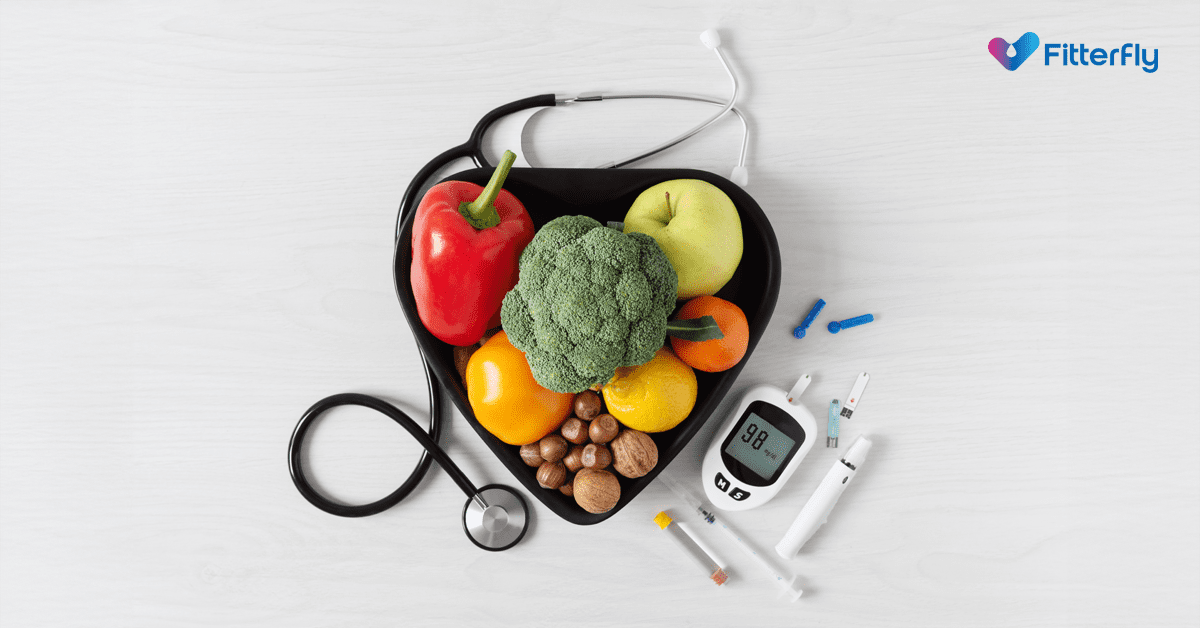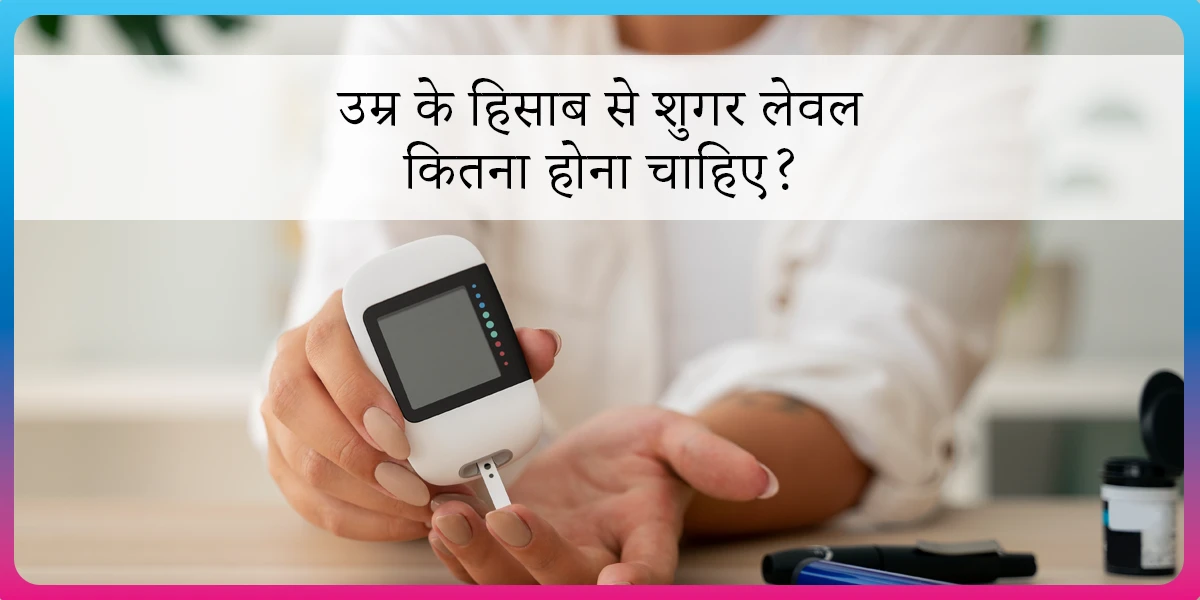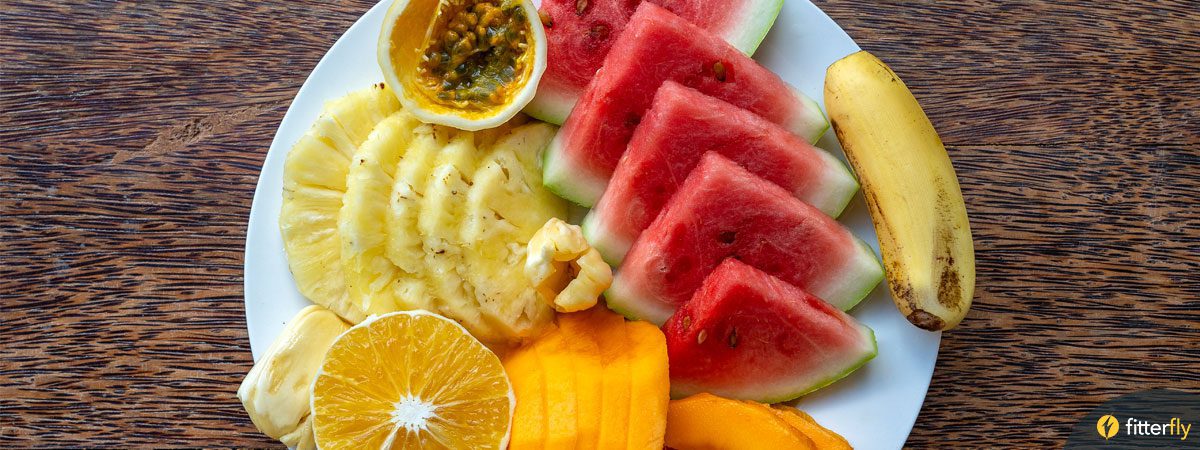4 Proven Treatments for High Blood Pressure

High blood pressure, or hypertension, is a common health concern in India. With our fast-paced lifestyles, stress, and unhealthy eating habits, more and more people are facing this silent threat.
If you’ve been diagnosed with hypertension, you’re probably aware that managing it is vital to preventing serious health risks like heart attacks and strokes. But what exactly does managing high blood pressure entail?
And how can you ensure you’re on the right track? The good news is that it can be managed with the right high blood pressure treatment plan and consistent effort.
In this guide, we’ll explore the different treatment options available, including lifestyle changes and medications, and how the FitHeart Program by Fitterfly can help you make these changes a lifelong habit.
Find your heart's true age to prevent complications.Heart Age Calculator
Treatment Options for High Blood Pressure
Treatment of high blood pressure typically involves a combination of lifestyle changes and medications to bring it into the optimal range. Let’s break this down further.
1. Lifestyle Changes for High Blood Pressure
For many, the first step in the treatment of high blood pressure is adjusting their daily habits. These lifestyle changes can significantly manage blood pressure and improve heart health:

1.1 Eat a Balanced Diet
A heart-healthy diet is your best friend. For example, the DASH (Dietary Approaches to Stop Hypertension) diet is all about enjoying fresh fruits, vegetables, whole grains, and lean proteins. Even your regular dal-chawal or sabzi-roti meals can be made healthier with a few tweaks, like using less salt and oil. Think of it as a way to eat cleaner while adding more goodness!
1.2 Reduce Salt Intake
Indian food is often loaded with hidden salt, whether it’s in papads, pickles, or processed foods. Reducing salt is essential for high blood pressure treatment, so start by limiting it to less than 2,300 milligrams per day and give your taste buds time to adjust.
1.3 Stay Active
Regular exercise does wonders for your heart. Whether it’s a brisk morning walk around your neighbourhood or dancing to your favourite tunes, aim for at least 150 – 300 minutes of moderate exercise each week.
1.4 Maintain a Healthy Weight
Carrying extra weight can raise your blood pressure, so losing a few kilos might do the trick. A BMI between 18.5 and 24.9 is considered healthy.
1.5 Cut Down on Alcohol and Quit Smoking
Limit alcohol to just one drink per day for women and two for men. And if you smoke, quitting is one of the best things you can do for your heart.
1.6 Manage Stress
Stress can raise your blood pressure, so it’s important to keep it in check. Practise mindfulness, meditation, or deep breathing. Even short, relaxing breaks in your day can help.
2. Medications for High Blood Pressure
If blood pressure remains consistently high, lifestyle changes alone may not be sufficient for the treatment of high blood pressure. In that case, your doctor might recommend medications to lower your blood pressure.
These medications fall into several categories based on how they work:
2.1 Diuretics
Also known as “water pills,” diuretics help your kidneys remove excess salt and water from your body, reducing blood pressure.
2.2 Beta-Blockers
These reduce the heart’s workload by slowing the heart rate and helping blood vessels relax.
2.3 ACE Inhibitors
These lower blood pressure by helping blood vessels widen, making blood flow easier.
2.4 Angiotensin II Receptor Blockers (ARBs)
ARBs block the action of angiotensin II, which causes blood vessels to narrow, lowering blood pressure.
2.5 Calcium Channel Blockers
These prevent calcium from entering the smooth muscle cells of the heart and arteries, helping them relax and lower blood pressure.
2.6 Alpha-1 Blockers and Alpha-2 Receptor Agonists
These medications reduce the effect of hormones like epinephrine that cause blood vessels to tighten.
2.7 Vasodilators
These relax the muscles in the walls of your arteries, allowing blood to flow more freely and lowering blood pressure.
Your doctor will determine which medications are best suited for your specific case, and they might adjust the doses over time to optimise your treatment for high blood pressure.
3. Treatment Plans
Once diagnosed, high blood pressure treatment becomes a lifelong commitment. Treatment plans are tailored to your individual needs and may evolve over time, especially if you experience resistant or secondary hypertension.
Resistant hypertension is high blood pressure that doesn’t respond to three or more medications, and secondary hypertension is a type of high blood pressure that may have no specific symptoms.
It’s important to have regular check-ups so that your doctor can monitor your blood pressure and adjust your medications or lifestyle recommendations accordingly.
4. Fitness Programmes
High blood pressure treatment isn’t a one-size-fits-all solution. It requires a combination of lifestyle changes, medications, and regular monitoring to ensure that your blood pressure stays within a healthy range.
With the right support, you can successfully manage hypertension and prevent complications.
At Fitterfly, we understand that every person is unique, so we create personalised treatment plans that fit your daily routine and preferences. If you’re ready to take control of your heart health, the FitHeart Programme is here to guide you.
From personalised meal plans to expert advice on medication and exercise, we offer everything you need to lead a healthier, happier life.
Start your journey to better heart health today!
This blog provides general information for educational and informational purposes only and shouldn't be seen as professional advice.


















